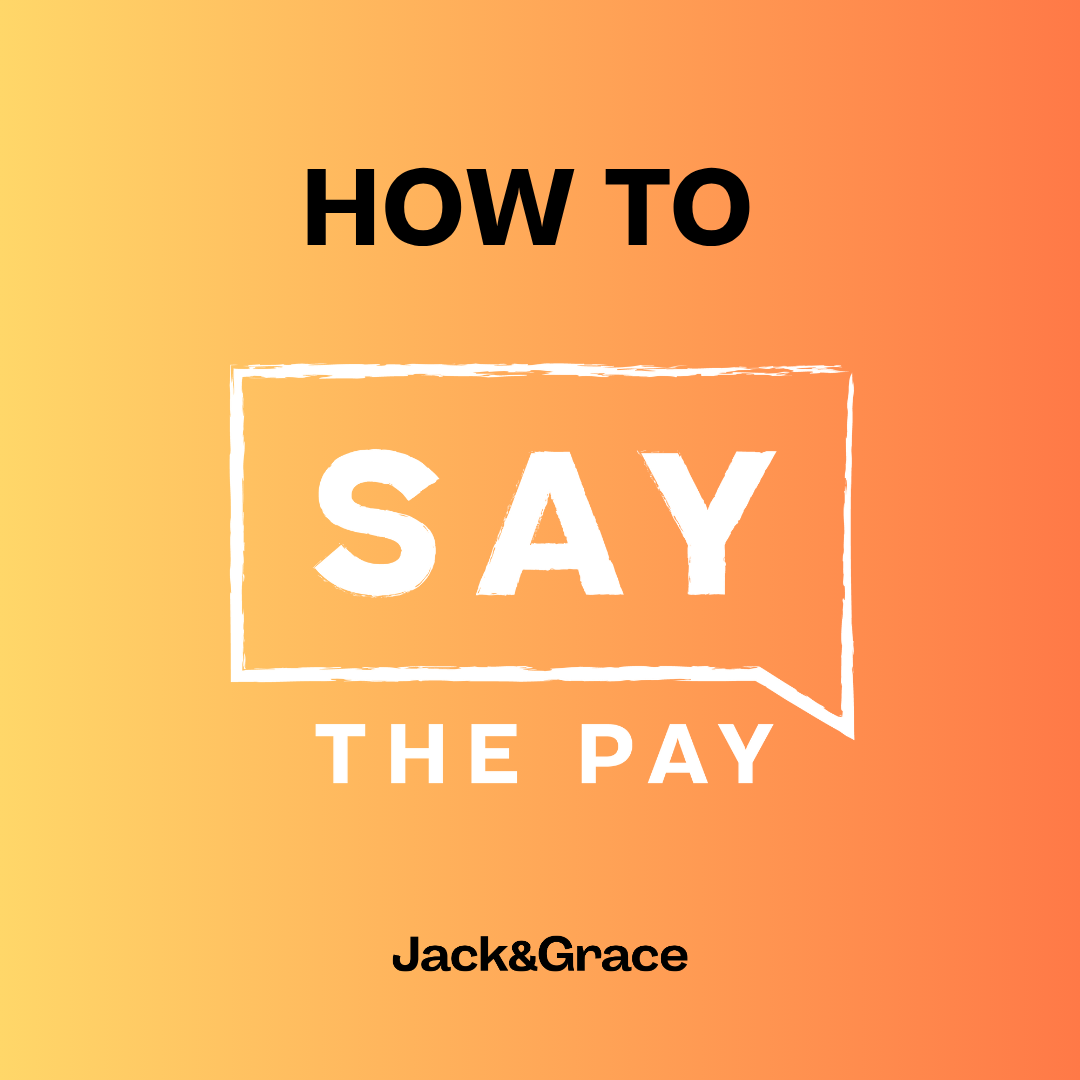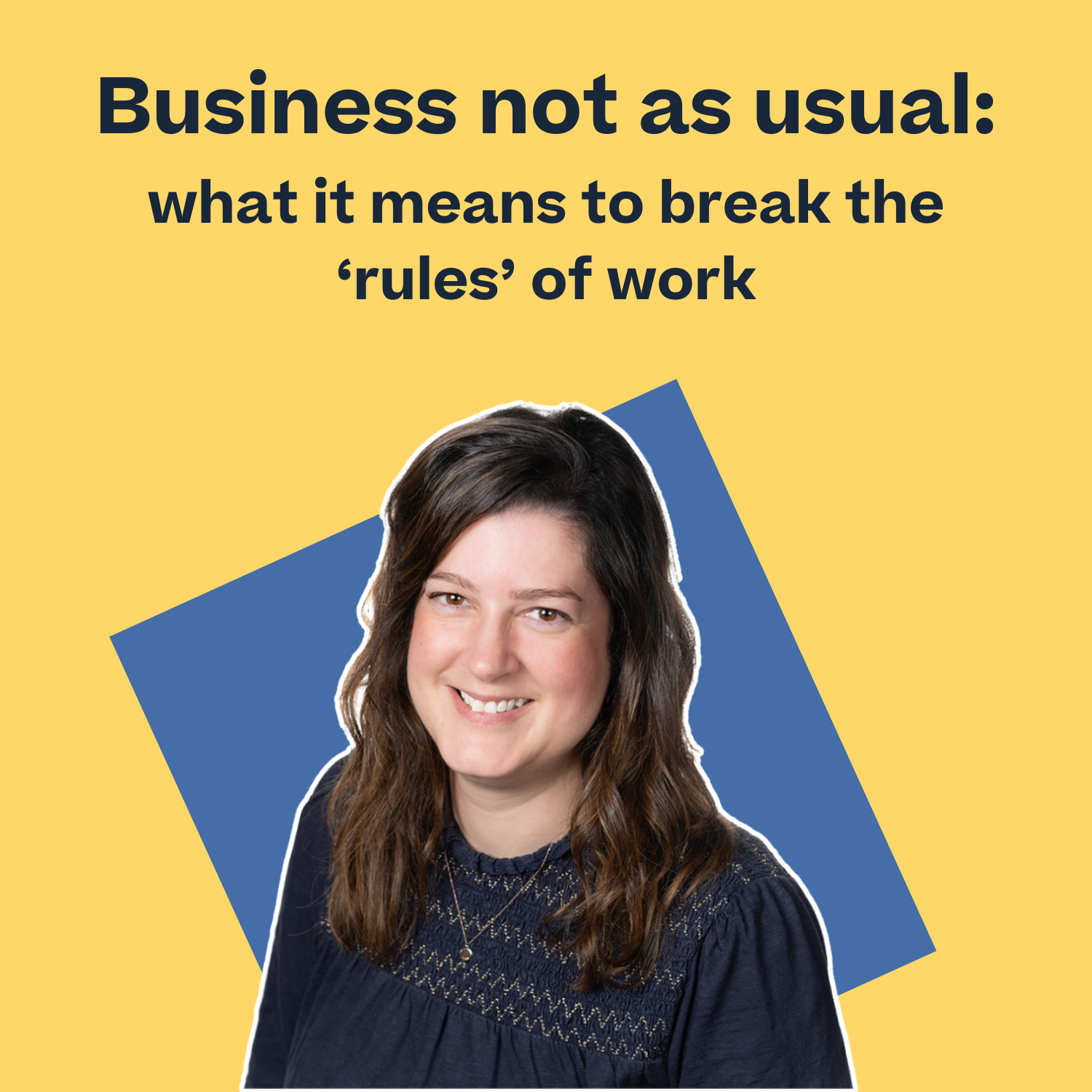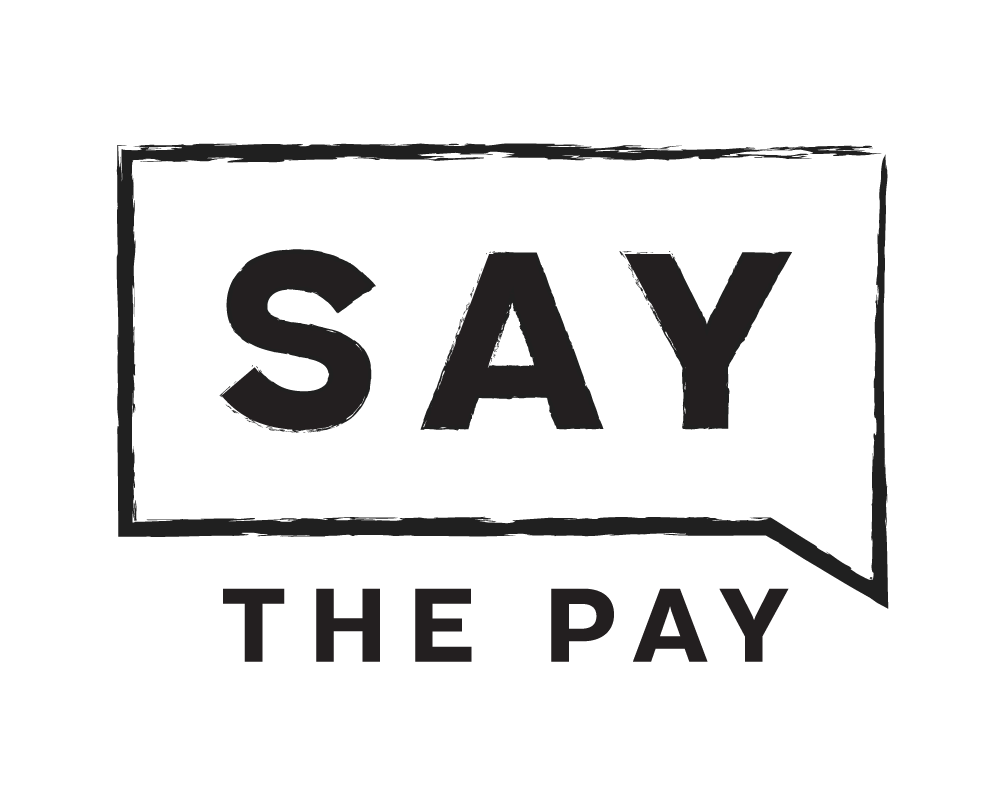News • 17/07/25
Say the Pay: why salary transparency matters to us


Wayyyyy back in 2007 Tony Blair resigned, Northern Rock collapsed and Laura and Nyree discovered they were being paid separate amounts for doing the same job.
Here’s their take on why saying the pay matters:
It’s fair to say that since 2007, we’ve been quite interested in salary transparency.
The more we’ve learned about it, the more we’ve come to think of salary secrecy as workplace inequality’s best friend. They prop each other up.
And in so many ways it’s one of those archaic ‘rules’ of work that are so embedded that we’ve stopped noticing how mad they are. Like forcing people into offices and pretending the ‘very best talent’ just happens to be those people who can be in central London for 8.30am.
When we founded Jack & Grace, we were determined to embrace salary transparency from the very start. And to be gobby about the inevitable inequalities that come from lack of transparency. We should all talk more about what we earn, and workplaces should be open about what they pay.
One way to do this is to be open about pay on job descriptions. It allows everyone else working for the organisation to see what they could / should be earning. As BITC (Business in the Community) says: “If you’re not aware of what colleagues doing similar roles are paid, how can you sense check you aren’t missing out?”
There are lots of arguments wheeled out in favour of keeping salaries secret – we’ve heard them used by people like Alan Sugar, as well as people we otherwise like and respect.
Stuff like not wanting to create conflict amongst colleagues (newsflash – people talk. And when they do, the unfairness is uncovered and they leave. Salary secrecy is a really good way of losing good people).
And flexibility in salary negotiations (aka – we’ll pay the people best at negotiating, more. We’ll give you one guess as to whether the people really good at negotiating are more likely to be privately educated white men.)
In what other context would we accept not talking about the money stuff upfront? Imagine walking into a supermarket with the shelves stocked but no prices displayed. And then heading to the till and the prices being based on stuff like what you paid last time, or which school you went to.
For most of us, with limited budgets and financial commitments to honour, that wouldn’t work.
And yet, for some reason, it’s become normal to get people to apply, interview for, and sometimes even receive an offer for a job… without ever revealing the pay. This seems, well, insane.
And the people who miss out most when salaries are secret? It’s the same people who are already less privileged… women, working class people, people from minority groups.
In many countries it’s illegal to hide salaries. In Sweden, where salary transparency is required, the pay gap between men and women doing the same job is only 6%.
Whereas in the UK, the gap between men and women’s pay persists, and women and their families are losing out. The Fawcett Society’s data shows that on average, women earn £631 less than men every month. A survey by People Like Us found just under three quarters of black African and Caribbean professionals say a white colleague doing the same job is on a higher salary.
When pay at work is secret, people get different amounts for the same job. It’s unfair, stifles social mobility and fuels entrenched inequalities. It’s time to change that. Now, more than ever.
It’s time to Say The Pay.
Back
More news from us
-

#SayThePay – our journey to salary transparency at Jack & Grace
-

‘Business not as usual’: what it means to break the ‘rules’ of work
-

#SayThePay: Jack & Grace calls time on pay secrecy with launch of salary transparency campaign
-

Senior Comms Consultant Daniela Marchesi Joins Jack & Grace Leadership Team